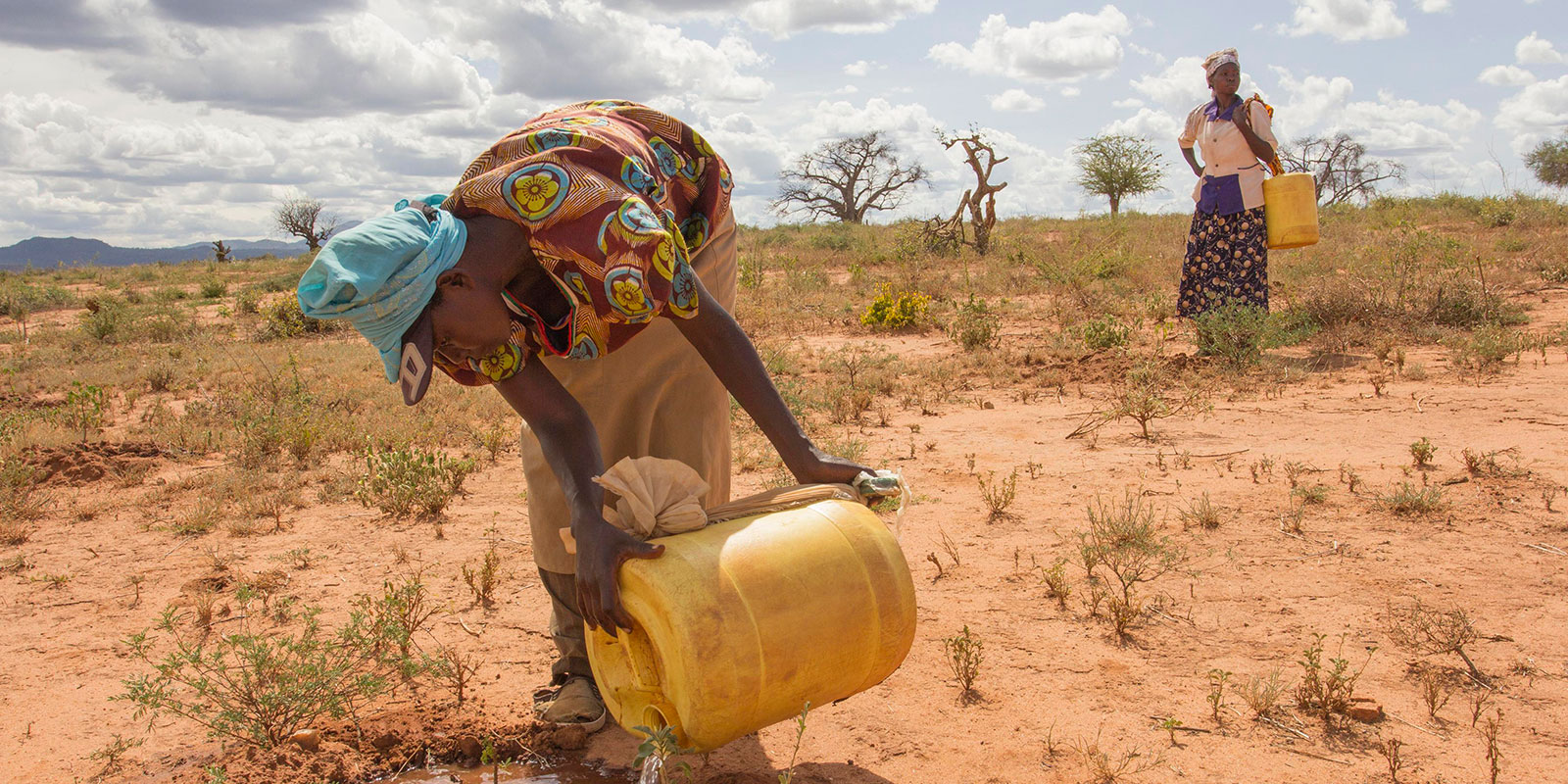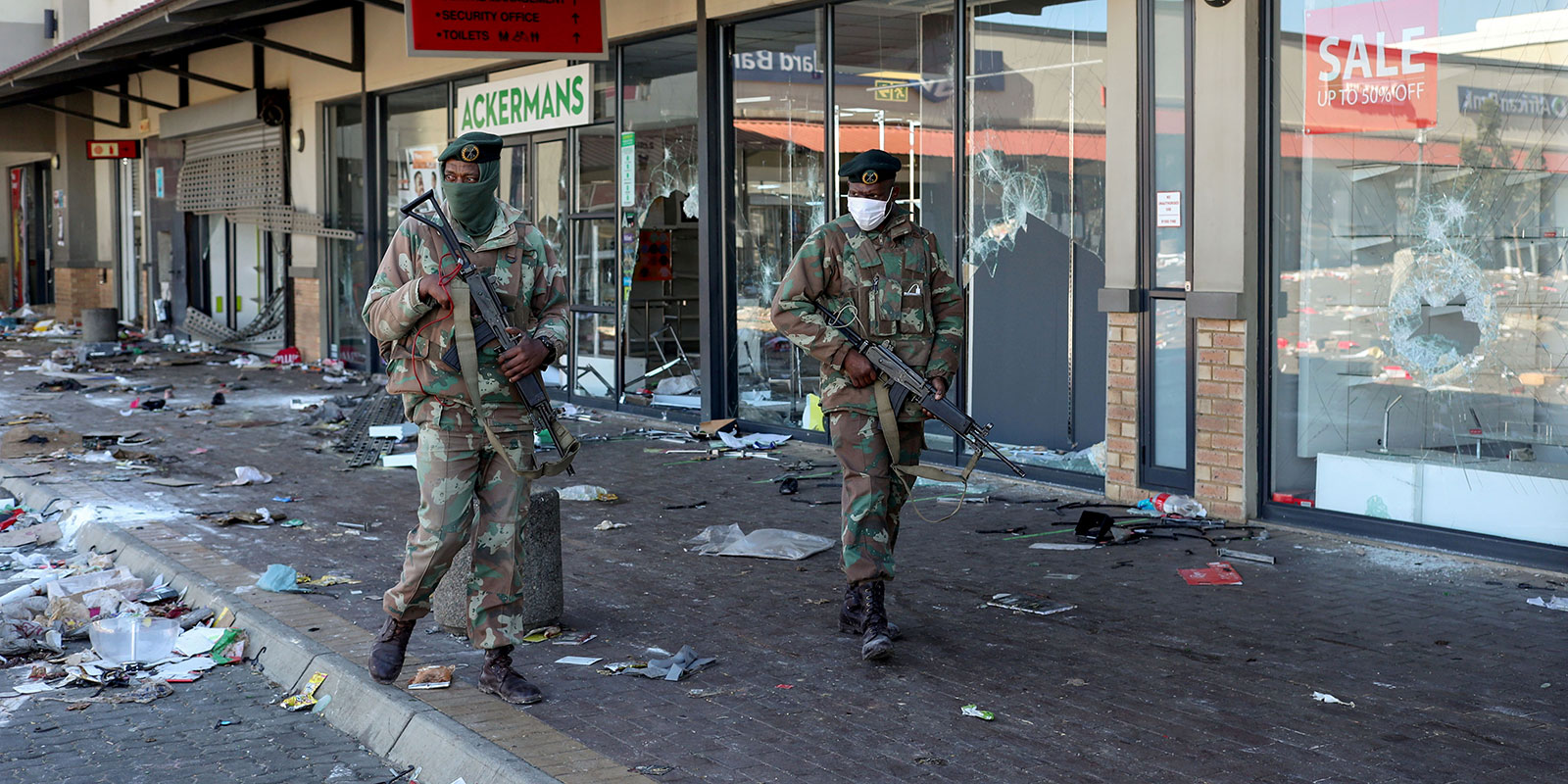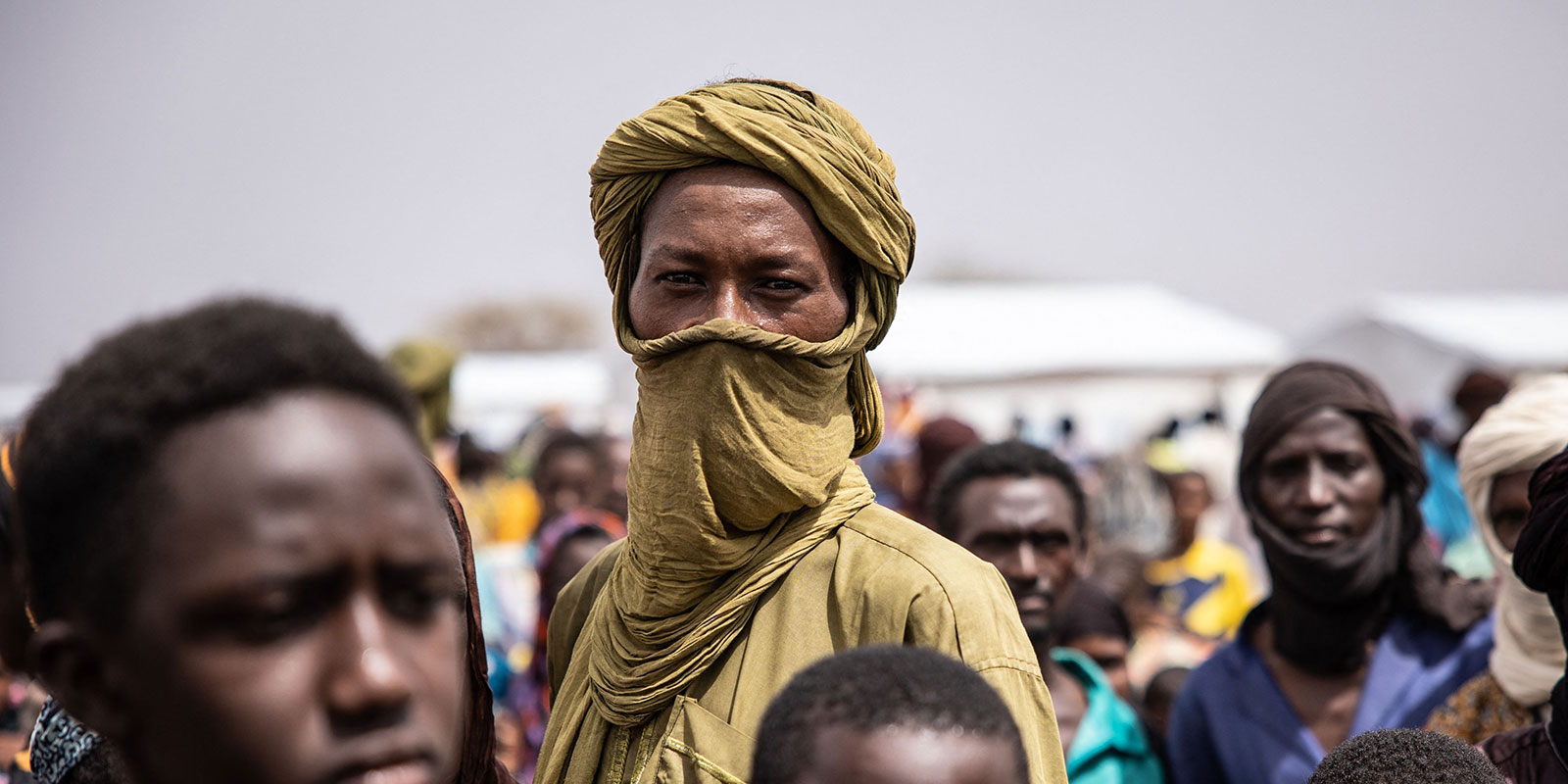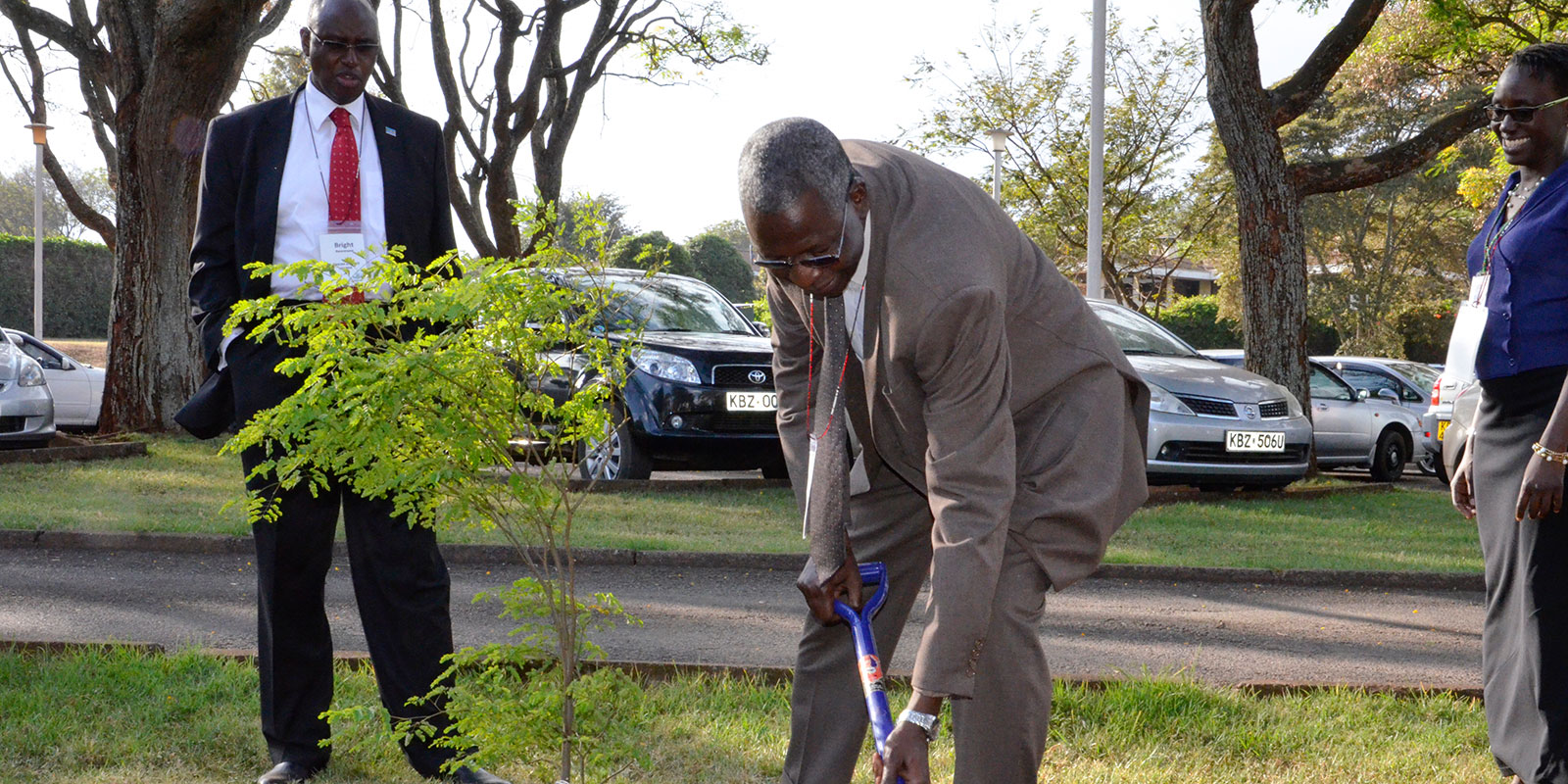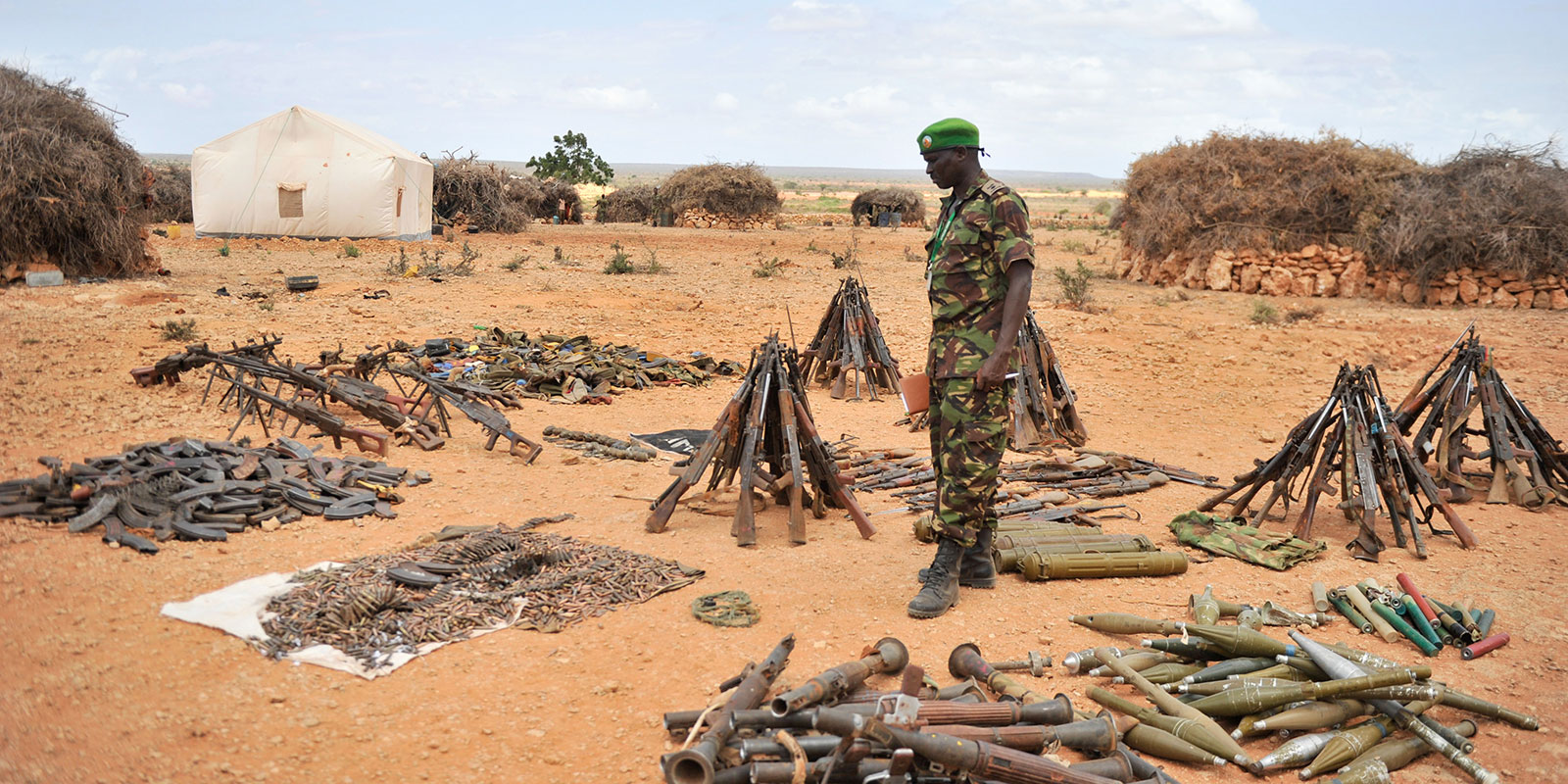For the final Monitor for 2021 we feature a piece by ACCORD’s Founder and Executive Director, Advocate Vasu Gounden. In his article, Adv Gounden reflects on the violent protests that took place in South Africa in July, the local government elections in November, and links this to the spate of recent coups and other developments in Africa, to ask what the implications of these trends are for the future of democracy for Africa and South Africa.
This is followed by an article from the Monitor’s chief editor, Prof Cedric de Coning who writes about several landmark decisions the African Union’s Peace and Security Council took in 2021 about the integration of the climate-peace nexus. Prof De Coning argues that Africa has become a global leader in highlighting the impact that climate related events are having on conflict, and he outlines the agenda that is emerging around these issues at the African Union.
We follow this with a piece from Ayan Hassan Nuriye, a Program Officer of the Mediation Support Unit of the Intergovernmental Authority on Development (IGAD). Ayan writes about the importance of strengthening the role of local and community peacebuilding, as well as the value of linking these local initiatives with those at the national and multinational level, in order to create and sustain strategic peacebuilding partnerships.
Finally, we end this week’s Monitor with an article from ACCORD’s Katharine Bebington and Halima Ahmed who have written a piece reflecting on the progress made with efforts to silence the guns in Africa this year.

